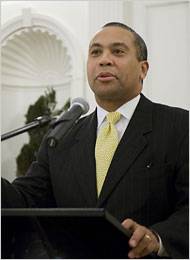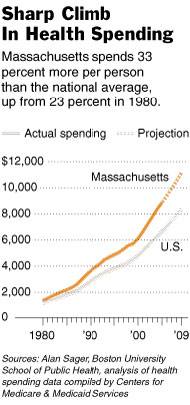CommonSensor
middle wing nut
- Sep 15, 2009
- 103
- 15
- 6
Congratulations Senators - You sold out again. Put 3 Dems and 3 Pubs in a room for 8 months, and what do they come up with? The EXACT plan that is currently an utter failure in Massachusetts. Here's just one of hundreds of references if you simply search "massachusetts+health care".
http://www.nytimes.com/2009/03/16/health/policy/16mass.html
Now who could have predicted that rates (COSTS) are gonna skyrocket just because we mandate all this coverage (and reform ONLY health insurance, without a mechanism to control costs)? .... uhhh....most of us, that's who.
Congratulations Insurance racket (i mean "industry"), you win again. For awhile...at least 60% of voting age adults are in favor of a public option. So, the will of the people is NOT being considered, and every one of you that do not support some type of public option should be very afraid.
Oh, and lastly, welcome to your new health care costs sheeple. We all deserve it for not being pro-active enough to stop this insanity (you know, the definition of insanity...doing the same thing over and over and expecting a different result).
-sensored
http://www.nytimes.com/2009/03/16/health/policy/16mass.html
Now who could have predicted that rates (COSTS) are gonna skyrocket just because we mandate all this coverage (and reform ONLY health insurance, without a mechanism to control costs)? .... uhhh....most of us, that's who.
Congratulations Insurance racket (i mean "industry"), you win again. For awhile...at least 60% of voting age adults are in favor of a public option. So, the will of the people is NOT being considered, and every one of you that do not support some type of public option should be very afraid.
Oh, and lastly, welcome to your new health care costs sheeple. We all deserve it for not being pro-active enough to stop this insanity (you know, the definition of insanity...doing the same thing over and over and expecting a different result).
-sensored





